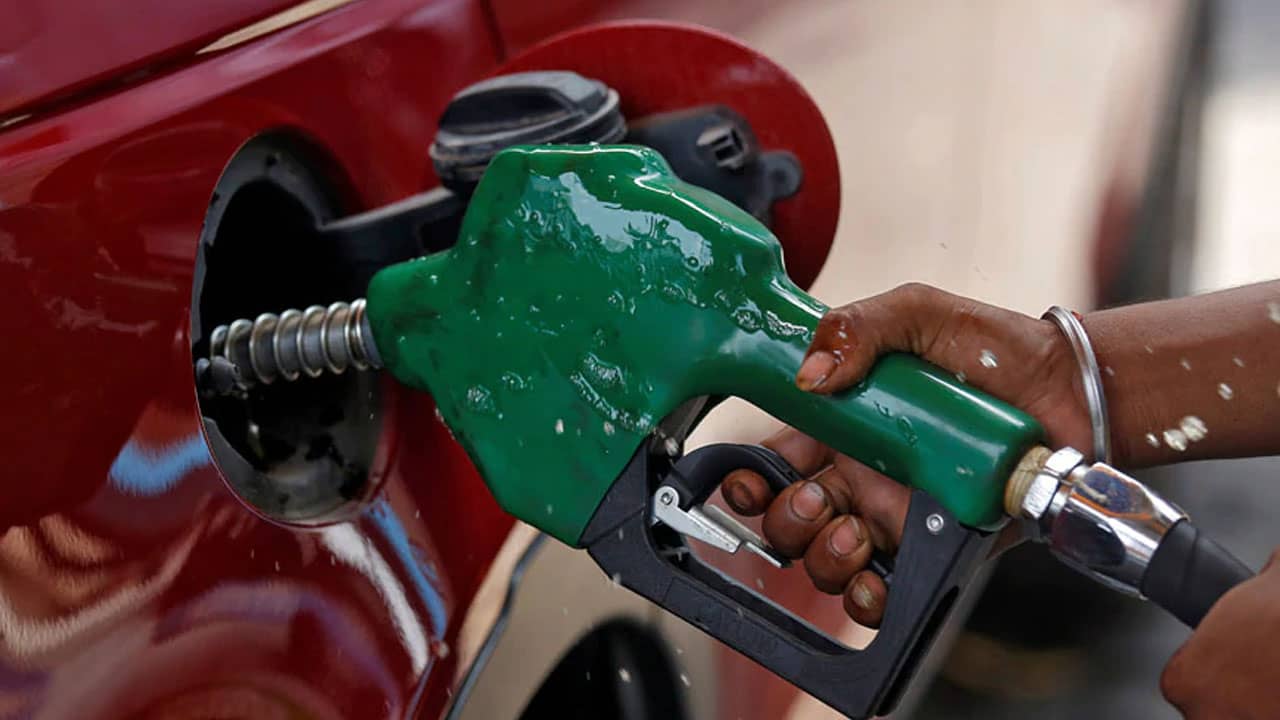A decision on the removal of the subsidy on petroleum will be made in June when the provision for its payment in the 2022 budget expires, the National Economic Council (NEC), has disclosed.
The council chaired by Vice President Yemi Osinbajo met at the presidential villa, Abuja, on Thursday, affirming that since the Nigerian National Petroleum Corporation (NNPC) Limited is now a limited liability company, it must be run differently.
Fielding questions while briefing correspondents on the outcome of the meeting, the governor of Nasarawa state, Abdullahi Sule said it was understandable that the provision for the payment of the subsidy is made in the 2022 budget only until June.
Joined at the post-NEC press briefing by his Edo State counterpart, Godwin Obaseki, the Nasarawa governor stated that any decision on the removal of subsidy will be taken after the budget provision runs its course in June.
He asserted even though NEC has been having conservation on the matter, it was yet to take a position on it.
Also responding to questions, Obaseki pointed out that Premium Motor Spirit (PMS), which sells for N162-165 per litre in Nigeria, sells a hundred per cent higher in other countries.
He noted that the Federal Government was spending about N2 trillion on petroleum subsidy, an amount, he said could have been used for other purposes.
According to him, the NEC, therefore, wondered whether that should be allowed to continue in a situation where he observed only two-thirds of the states of the federation consume the subsidy.
The Edo governor stated: “As you all know and aware, the issue of subsidy has been one matter that NEC has deliberated on, for more than a year now. There was an ad-hoc committee, which was set up by NEC headed by Governor El-Rufai that included members of the executive arm of government that worked on recommendations as to what we should do about the costs of PMS locally because as you realise, as has been told us, the cost of PMS in Nigeria today is about N162 per litre. Whereas every other country surrounding Nigeria is selling the same product at more than 100 per cent of the cost in Nigeria.
“And the country as at last year spent in excess of almost I mean, we need to have the exact figures, but we must have spent almost N2 trillion subsidising petroleum products. That is money that could have gone into building roads, money that could have gone into healthcare and education.
“So for NEC, the arguments have been put out, should we continue this regime of spending money we do not have to subsidize the living standards of only mostly those who have vehicles?
“And when NEC looked at some of the analysis last year, we then realised that less than 1/3 of the states of this country consume two-thirds of the subsidy. So, the issue of equity also came up. All of these findings were presented to NEC and NEC has had several deliberations. And the deliberations are still ongoing.
“So, no. NEC hasn’t come up with any decision yet. I think recommendations have also been made to the President. That is what I am aware of has transpired so far.”
Obaseki observed that the NNPC has been unable to remit the expected N200 billion into the Federation Account Allocation Committee (FAAC) because of the payment of fuel subsidy.
“Well, I’ll put it very succinctly. As of last year, NNPC was supposed to contribute N200 billion a month to FAAC for distribution to the States. Because of payment of subsidy, NNPC is unable to put that money into FAAC for distribution, which means less money going to the States and less money going to the federal government,” he said
https://tribuneonlineng.com/decision-on-petrol-subsidy-removal-to-come-in-june-%e2%80%95-nec/





